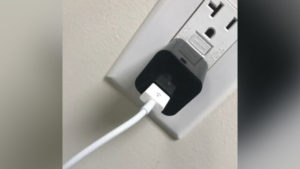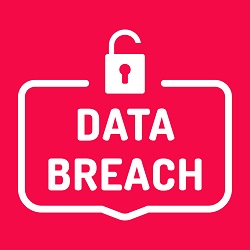Experienced car wreck attorney Christopher E. Kittell has several tips for steps to take if you are involved in a car wreck that is not your fault:
First, Call 911 and Report the Car Wreck
Even if the car wreck did little damage, call 911. Reporting the car accident to 911 will result in the police being called to the scene to investigate and, if there are serious injuries, an ambulance also being dispatched to help the injured. The police report will be an important part of any lawsuit or insurance claimed filed as a result of the car wreck.
Exchange Information With the Other Driver
While you are waiting on the police officer to arrive, exchange insurance and contact information with the other driver. If possible, take a picture of his or her insurance card and driver’s license. Be sure to confirm that the address listed on the driver’s license is current and, if not, get the other driver’s current address.
Also, when talking to the other driver, take note of their condition and, in particular, if they are in any way impaired by alcohol or anything else. If you smell alcohol or notice any other form of impairment, relay that information to the investigating officer when he or she arrives.
And, even though it may be the “polite” thing to do, do not say you are sorry or otherwise say anything that could be construed as admitting fault for the car wreck.
Talk to Witnesses to the Car Wreck
If there are any independent witnesses to the car wreck, be sure to talk to them and find out if they agree that the car wreck was not your fault. If what they have to say is favorable to you, get their names, addresses and phone number. And ask them to stay at the accident scene long enough to provide their statement to the investigating officer.
Take Photos and/or Video
Be sure to take photographs or video (or both) of the accident scene. And the damage to your vehicle, inside and out. And the other vehicle, including their license plate and, if possible, VIN number.
Talk to the Police Officer When He or She Arrives
When the car wreck is not your fault, it is important to convey your side of what happened to the police officer. In Mississippi, the police officer typically obtains information from both drivers and, usually, any witnesses. The officer then uses that information to make a determination as to who was at fault and creates a summary of how the officer thinks the car wreck occurred, including drawing a diagram of the car accident.
Get Checked Out by a Health Care Provider
If you have a serious injury, obviously, you should be taken by ambulance to an emergency room. But, even if your injury is not serious, you should be checked out at either an emergency room or your primary care physician. The closer in time to the car wreck that you seek treatment, the better, as any delay in having your injuries treated could potentially be used to claim that the injuries are not related to the car wreck or were less serious than they are.
Contact Experienced Car Wreck Attorney Christopher E. Kittell and the Kittell Law Firm to Represent You
Last but not least, contact experienced car wreck attorney Christopher E. Kittell to represent you. The Kittell Law Firm represents those injured in car wrecks anywhere in Mississippi.


